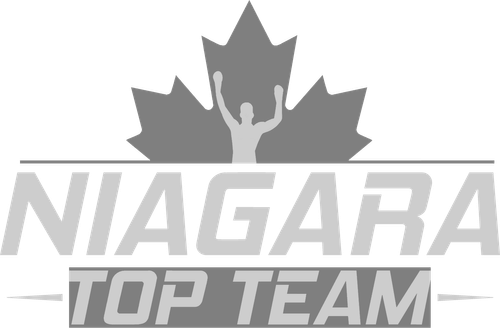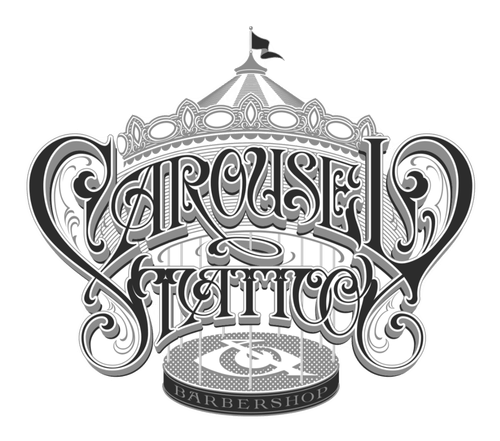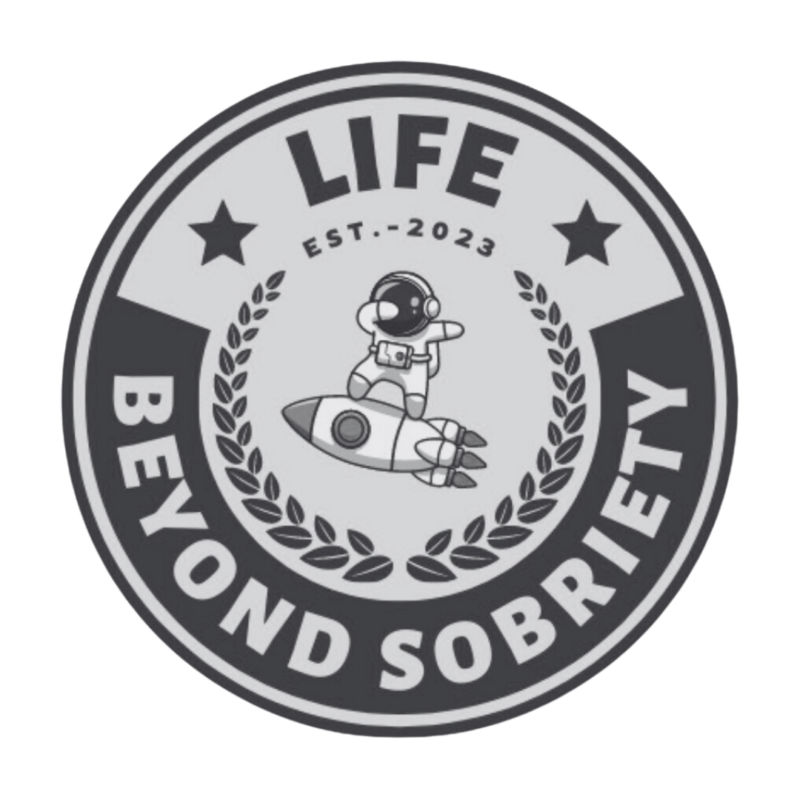Exploring the Landscape of Addiction Treatment in St. Catharines
The dynamic field of addiction treatment in St. Catharines has seen a significant transformation over the years. Understanding the intricate needs of individuals seeking alcohol rehab St. Catharines is essential for providing effective support. From detox programs to long-term rehabilitation, the city offers a variety of options tailored to meet individual needs.
St. Catharines hosts a diverse array of facilities that cater to different stages of the recovery process. These facilities focus not only on immediate treatment but also on equipping individuals with the tools necessary for sustainable recovery. The commitment to addressing all facets of addiction is a cornerstone of the community’s approach.
The Role of Twelve Mile Recovery in St. Catharines
Twelve Mile Recovery stands at the forefront of alcohol rehab in St. Catharines. The center is renowned for its holistic and trauma-informed approach to addiction treatment. The individuals at Twelve Mile Recovery have firsthand experience with the trials of addiction, allowing them to offer relatable and empathetic care.
With a focus on integrated therapies, the center provides a nurturing environment where individuals can embark on their journey to recovery. The incorporation of cognitive-behavioral therapy, mindfulness, and even martial arts ensures a comprehensive healing process. This distinctive method empowers individuals to rediscover their strength and resilience in a supportive setting.
Holistic Care Approaches to Rehabilitation
The notion of holistic care in alcohol rehab St. Catharines involves healing the mind, body, and spirit. This approach recognizes that addiction is multifaceted and requires more than conventional treatment methods. By addressing the underlying causes of addiction, holistic care paves the way for lasting change.
Holistic therapies often include yoga, mindfulness, and nutritional counseling, which contribute to physical and mental well-being. At Twelve Mile Recovery, these methods are seamlessly integrated into the recovery programs, offering a balanced approach to treatment. Such practices not only aid in recovery but also promote overall wellness and personal growth.
Personal Stories of Recovery
The journey of recovery is as unique as each individual undertaking it. Leah Marie Radoman speaks highly of Twelve Mile Recovery, highlighting the supportive and non-judgmental atmosphere fostered by Jo and Chris. Her testimony illustrates the compassionate care that has been pivotal in her recovery process.
Michael Laughlin’s experience further underscores the dedication of the Twelve Mile Recovery team. His journey reveals the transformative impact of personalized treatment, showcasing the power of support and understanding in overcoming addiction. These narratives provide hope and inspiration for others seeking alcohol rehab St. Catharines.
Robyn O’Hara’s story echoes similar sentiments, emphasizing the importance of a nurturing environment in achieving sobriety. Her gratitude towards the Twelve Mile Recovery team reflects the center’s commitment to each individual’s success. These accounts offer a glimpse into the profound change facilitated by such compassionate care.
Foundations of Addiction Treatment
Addiction treatment is built upon several fundamental principles that guide the recovery process. Recognizing addiction as a chronic yet treatable disease is a pivotal aspect of effective treatment. An individualized approach, considering personal circumstances and needs, increases the likelihood of successful recovery.
Evidence-based therapies form the backbone of treatment plans, ensuring that strategies are both effective and adaptable. By integrating these principles into their programs, facilities in St. Catharines, like Twelve Mile Recovery, can offer hope and healing to those struggling with addiction. Such a comprehensive approach is key to long-term recovery success.
Community Support and Resources
St. Catharines is bolstered by a network of community support and resources designed to aid individuals in their recovery journey. From counseling services to support groups, these resources play an integral role in the rehabilitation process. Community-based initiatives provide a vital safety net for individuals seeking alcohol rehab St. Catharines, offering encouragement and guidance every step of the way.
Local organizations and phone lines, such as the Distress Centre and Drug and Alcohol Help Line, offer immediate assistance to those in need. These resources ensure that help is always accessible, fostering a compassionate community dedicated to recovery and well-being. The emphasis on accessibility and support is a hallmark of the St. Catharines recovery landscape.
Intervention Services and Early Detection
Intervention services are critical in bridging the gap between addiction and recovery. Early detection and intervention can significantly enhance the chances of successful rehabilitation. Facilities like Twelve Mile Recovery offer professional intervention services, helping individuals and families navigate the initial stages of seeking help.
These services are designed to provide support and guidance, making the transition into treatment as seamless as possible. By addressing addiction at its onset, intervention services facilitate timely and effective recovery, reducing the long-term impact of substance abuse on individuals and their loved ones.
The importance of early intervention cannot be overstated, as it often sets the foundation for a successful recovery journey. By encouraging proactive steps towards treatment, these services empower individuals to reclaim their lives from addiction.
The Importance of Therapy in Rehabilitation
Therapy is a cornerstone of successful addiction treatment, providing individuals with the tools to understand and overcome their challenges. Different therapeutic modalities are employed to address various aspects of addiction and recovery. Whether it’s individual therapy, group counseling, or family sessions, each plays a unique role in the healing process.
Cognitive-behavioral therapy and trauma-informed approaches are staples in many rehab programs, including those in St. Catharines. These therapies help individuals identify triggers, develop coping strategies, and work through unresolved trauma. Such an approach fosters self-awareness and resilience, enabling lasting change.
The effectiveness of therapy is evidenced by improved mental health, stronger interpersonal relationships, and enhanced emotional regulation. Therapy not only aids in addiction treatment but also enriches personal development and fulfillment beyond recovery.
Physical Wellness as a Component of Recovery
Physical wellness is a crucial yet sometimes overlooked component of addiction recovery. Exercise, nutrition, and overall physical health profoundly influence the recovery process. Programs in St. Catharines, such as those at Twelve Mile Recovery, incorporate physical wellness into their treatment plans, acknowledging its impact on mental and emotional health.
Activities like martial arts and yoga are integrated into rehabilitation programs to promote physical fitness and mental clarity. These practices enhance discipline, focus, and emotional regulation, complementing the therapeutic aspects of treatment. In this way, physical wellness contributes to a holistic recovery experience.
By fostering a strong connection between body and mind, physical wellness initiatives support sustainable recovery and empower individuals to lead healthier, more balanced lives. The emphasis on physical health is a testament to St. Catharines’ commitment to comprehensive addiction treatment.
Virtual Treatment Options in the Modern Age
The advent of virtual treatment options has revolutionized addiction recovery, providing increased accessibility for those unable to attend in-person sessions. Virtual programs in St. Catharines offer flexibility and convenience, enabling individuals to receive the care they need from the comfort of their homes.
These programs utilize video conferencing, online support groups, and digital resources to deliver effective treatment remotely. Facilities like Twelve Mile Recovery incorporate virtual care to ensure continuous support, regardless of geographical or logistical barriers. This adaptability is invaluable in today’s fast-paced world.
Sustainable Recovery and the Road Ahead
Sustainable recovery is the ultimate goal of any addiction treatment program. In St. Catharines, achieving this goal involves a combination of personalized care, community support, and ongoing therapeutic engagement. Facilities like Twelve Mile Recovery emphasize the importance of aftercare and long-term support in maintaining sobriety.
By continuing to engage with support networks and therapeutic resources, individuals can navigate the challenges of post-rehabilitation life. The road ahead is filled with opportunities for personal growth and fulfillment, guided by the lessons and skills acquired during treatment. A commitment to lifelong recovery is the foundation of a healthier, more rewarding future.
How much does it cost to treat an alcoholic?
The cost of alcohol rehab St Catharines can vary widely depending on several factors including the type of treatment, the duration, and the facility. For instance, inpatient rehab programs, like those offered at Twelve Mile Recovery, typically involve comprehensive care with 24/7 support, which can be more expensive than outpatient programs. However, it’s important to consider this as an investment in one’s health and future. Financial aid, insurance coverage, and sliding scale fees can often reduce costs. While it may seem daunting initially, remember that the costs of ongoing addiction, including health issues and lost productivity, can far exceed the investment in treatment. Have you explored options like insurance or community support that might assist with the financial aspect?
What is the most popular program for recovering alcoholics?
The most popular program for recovering alcoholics has traditionally been the 12-step program, which is embraced by groups like Alcoholics Anonymous. However, at Twelve Mile Recovery, we offer a range of personalized programs that include evidence-based therapies like cognitive-behavioral therapy and mindfulness practices, which are gaining popularity for their holistic approach. This allows individuals to not only address the symptoms of addiction but also work through underlying issues that contribute to substance use. It’s crucial to find a program that aligns with personal values and needs, as this greatly increases the chances of successful recovery. Have you considered complementary therapies that might enhance traditional approaches?
How many days do you get in rehab?
The duration of a rehab stay can vary significantly based on the individual’s needs and the specifics of their recovery plan. At Twelve Mile Recovery, we tailor programs to each person’s situation, which might mean a stay of 30, 60, or 90 days. Longer stays often provide more time to address the complexities of addiction and build a solid foundation for recovery. It’s about quality and comprehensiveness of treatment rather than just the number of days. Longer programs can allow for deeper work on emotional and psychological healing, which is often necessary for sustainable recovery. What are some goals you hope to achieve during your rehab stay that might influence its length?
What happens after alcohol rehab?
After completing rehab, the journey towards recovery continues with aftercare programs that are critical for maintaining sobriety. At Twelve Mile Recovery, we emphasize the importance of ongoing therapy, support groups, and community resources. Our clients often engage in outpatient counseling, participate in peer support meetings, and use digital resources to stay connected. This ongoing support helps manage triggers and prevent relapse. Life post-rehab is about applying the tools and strategies learned during treatment to everyday situations. How do you plan to integrate the skills and insights gained from rehab into your daily life?
How does a holistic approach aid in alcohol recovery?
A holistic approach is crucial as it aims to heal the whole person, not just the addiction. At Twelve Mile Recovery, we incorporate therapies like yoga, mindfulness, and nutritional counseling to promote emotional and physical well-being. This integrated approach recognizes that addiction affects various aspects of life and requires more than just traditional treatment. Clients often find that this approach not only aids in recovery but also enhances their overall quality of life by fostering personal growth and resilience. Have you experienced any benefits from holistic strategies in other areas of your life that might be applicable to recovery?
Resources
- Substance Abuse and Mental Health Services Administration (SAMHSA) – SAMHSA is a government organization dedicated to improving behavioral health across the nation, providing resources and support for individuals struggling with substance abuse.
- Addiction Center – Addiction Center is a reliable resource offering information on various types of addiction, treatment options, and support services for individuals and families affected by addiction.
- National Institute on Drug Abuse (NIDA) – NIDA is a research-focused institute that aims to advance scientific knowledge on drug abuse and addiction, providing evidence-based resources and treatment information.
- National Alliance on Mental Illness (NAMI) – NAMI is a trusted organization offering support and advocacy for individuals affected by mental health conditions, including resources for co-occurring disorders like addiction and mental illness.
- National Institutes of Health (NIH) – NIH is a leading research agency dedicated to improving health, including addiction research and treatment resources for individuals seeking evidence-based care.












